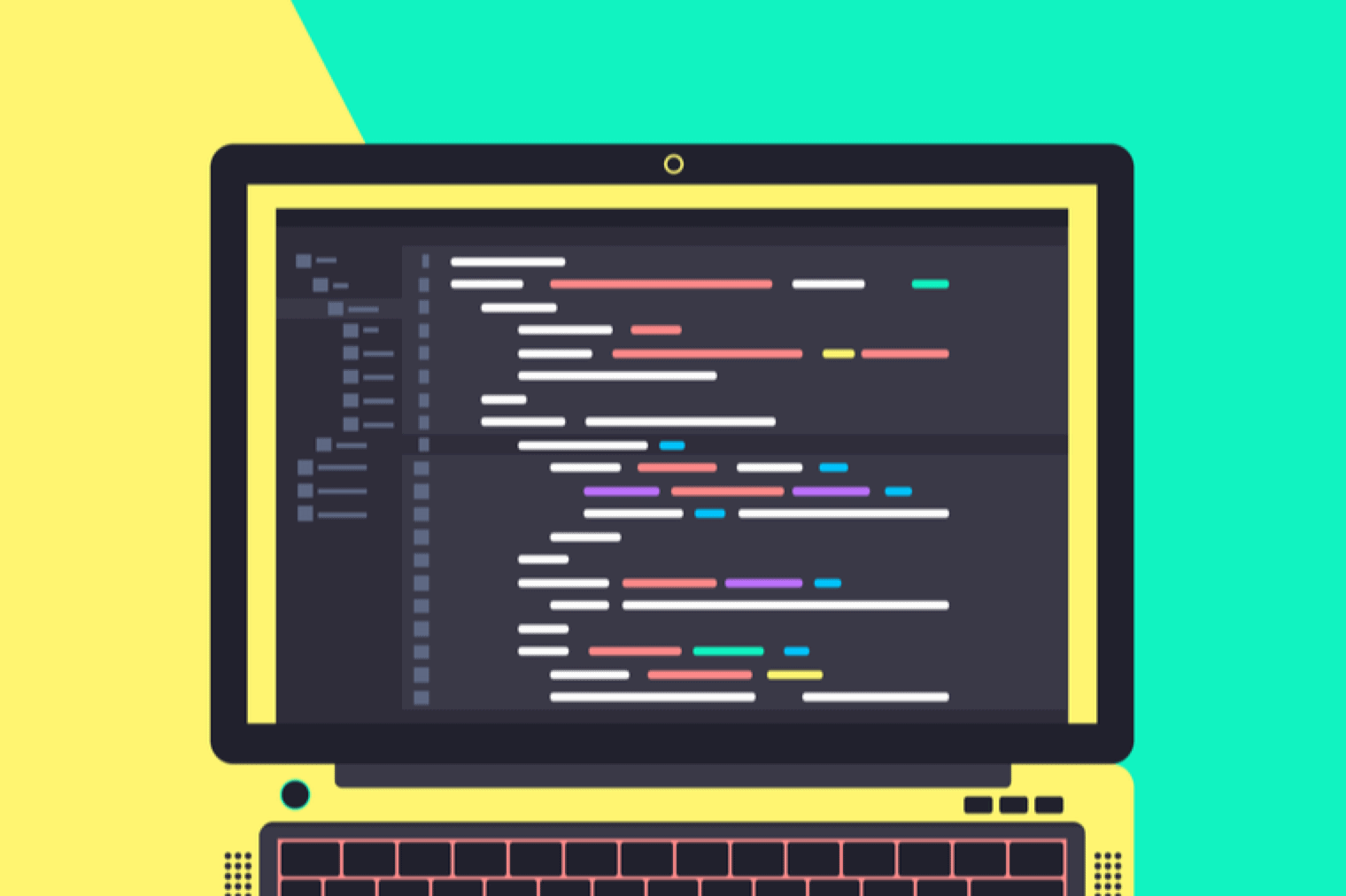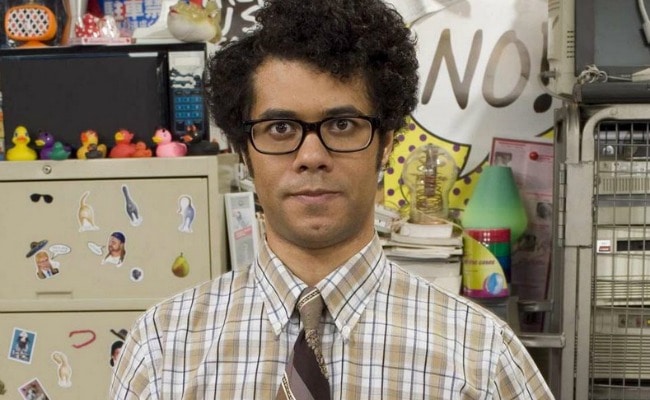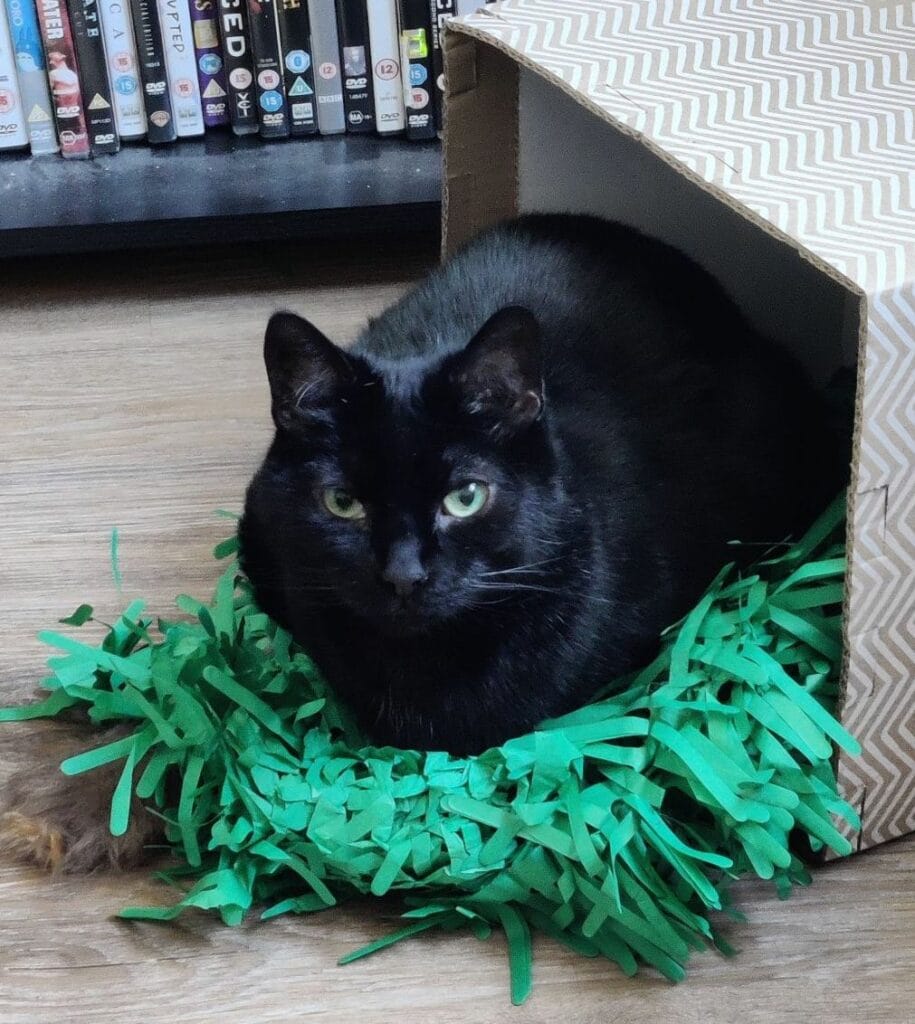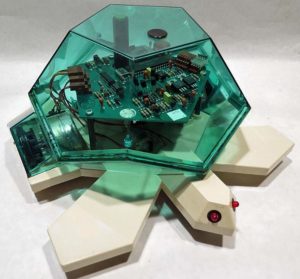National Coding Week. Could A Career In Digital Be Right For You?
It’s National Coding Week, a week-long event which strives to inspire, encourage, and aid adults and children to learn digital skills.

Oops! We could not locate your form.
It’s National Coding Week, a week-long event which strives to inspire, encourage, and aid adults and children to learn digital skills.

In an ever more digitally reliant world, with big skills gaps emerging, and with successive digital native generations entering education and the workforce (with a level of technological confidence and comfort not seen before) the event’s mission is very relevant.
Attracting more people into the digital industries is vital – to fill skills gaps, to meet global demand, to drive innovation, and to build on and improve on what has gone before.
Building familiarity and interest in digital skills from a young age is a great way to pave the way for the future.
We’re also seeing a greater need to retrain adults as retirement ages creep higher, physical jobs become unsustainable with age, and some industries are dying or becoming more mechanised/computerised.
Firstly, I am a geek with no social skills, so shhhhhhh.
Secondly, I have worked alongside developers for a very long time. Many self-taught, others with more formal training. Some full-stack, some front end, some backend (go ahead and giggle, we all still do), some software, some app, some database.
Although there are lingering stereotypes (think Moss from the IT Crowd), every single Dev I’ve worked with has been different to the next. From every demographic and background, with different personalities, interests, taste in music, sense of style. Some extroverts, some introverts, some in between.

What I’m trying to get at with those poorly structured couple of paragraphs, is that anyone with the passion and willingness to learn, can learn to code. Then apply those skills for a variety of roles. There are so many avenues for those with the right skills.
National Coding Week got me thinking about how and why I got into digital. Even more so, how our team of coders discovered their interest in coding. How they developed their skills and interest in particular languages, and why they decided to work in web development.
I managed to briefly drag some of them away from their screens, to tell me about their path to learning digital skills, and how they got into this industry,
How did you get into code?
“I think initially it was from a basic IT lesson in secondary school. I realised that I just really wanted to learn how to write websites.”
How did you choose which coding languages to learn?
“I started out with HTML/CSS and ActionScript, attempting to make flash games. This then led to me wanting to publish them on a website, which in turn led to JavaScript and PHP. Then I got interested in React and more. ”
How did you get into the web development industry?
“I quit my job at the time with the goal of studying web development ‘properly’. Thankfully 12 weeks into studying, I landed my first job as a remote developer. For a small boutique studio in Canada. I’ve been riding that same wave since.”
How did you get into code?
“I think it was when I was in High School. I just wondered how websites were built. I started looking at HTML elements being used with inspect and view page source in the browser. It got me wondering if I could control that, and I had lots of ideas in my head. So I started teaching myself to code. This video really inspired me too.”
How did you choose which coding languages to learn?
“I chose PHP and JavaScript based on the career I had in mind for the future. It wasn’t easy choosing between Software and Web Development. During my apprenticeship I started out as a software developer learning C#. Then I had to change company so I switched to web development learning PHP. But of course we all want to follow the trending programming languages. So I learnt more JavaScript and decided to learn Vue.js”
How did you get into the web development industry?
“I got into the web development industry via an apprenticeship I did after dropping out of uni. Uni just wasn’t the right fit for me. The apprenticeship let me do what I loved, whilst also learning, and earning a wage.”
How did you get into code?
“I was lucky that IT and learning HTML were part of my High School curriculum. So I had a relatively early introduction to it.”
How did you choose which coding languages to learn?
“I went on to study a BSIT course, and there are so many coding languages specific for IT services. Fortunately, our professor for web development was really good. He inspired me to pursue web development after graduation, so I chose to focus on the languages needed for that.”
How did you get into the web development industry?
“After I graduated, I managed to get a job in web development really quickly. It’s what I’ve been doing ever since.”
How did you get into code?
“I was forced by nature! My first introduction to coding was learning to edit the CSS styling for my Friendster profile.”
How did you choose which coding languages to learn?
“Because I loved editing my Friendster profile so much, I started with CSS. Then in college it went deeper, as to pass our major subject we had to create a website for our selected client. So I studied PHP for backend development and other programming languages that could help me improve my website development skills.”
How did you get into the web development industry?
“My 2nd technical support job after graduation also needed me to maintain and develop some functions for the company website. This happened to be built with WordPress. That got me hooked on developing for WordPress, which led to my first job in web development. This eventually led me to Impact.”
Outside of web development, there are many applications for coding skills. Some we mentioned earlier on (software development, app development, game development, etc). But even within the larger web and digital marketing industry, coding skills can be of benefit in other roles.
If you’re a designer creating for the web, having a working knowledge of code and web development can ensure that what you’re designing will be achievable for developers to implement.
As a marketer who manages a business website day to day, a little bit of HTML & CSS can go a long way in making your life easier.
For an SEO or data analyst, learning Python can be incredibly useful for creating scripts to automate data heavy tasks. Working knowledge of JSON for an SEO can be a big help when creating schema markup. For tech SEOs, understanding how JavaScript works is invaluable.
A PPC specialist may find that being able to create Regular Expressions (regex) is useful. Which whilst not a coding language as such, is utilised in certain coding languages like Perl.
At Impact most of our non-devs have some coding knowledge. It can be so useful for anyone working in the digital industries.
Joe actually started out in web development before moving into UX Design. Like so many millennials, he first got into coding and design at school by creating MySpace profiles for his friends. He then built his first full website, for his school, for their ‘5 A-Day’ scheme. He’s been designing and building websites ever since for work and in his spare time.
I originally learned the basics of HTML & CSS from haunting many forums in the late 90s, and pimping out my MySpace profile in the early 2000’s. Sadly (cough cough) it is lost to the ages, but picture lots of black, purple and spider webs. The full goth kid package.
Later in life I more fully taught myself HTML and CSS by creating affiliate sites and blogs with WordPress. Then I learned a little JSON to help with the SEO side of my role. I can also cast my eyes over PHP and understand the basics. I’d really like to learn Python, and get to grips better with JavaScript.
Crystal built her digital skills up in a variety of roles, including content population, SEO, project management and account management. She knows HTML and CSS. Her skills have not only helped her at work, but also with her hobby. She built a website to sell her custom wedding items.
He currently seems to be developing his own coding language, as I regularly find him on my keyboard. I don’t recognise the syntax, do you?
ZidhjfpFoodk’pl`zs[0t` el’;dsd’zgf

So all in all, if you’re wondering what you’d like to do career wise, maybe web development, or application development could be for you? In an ever more digitally reliant world, having coding skills, and being able to build websites, apps, or tools will keep you in demand.
Right now there is a big digital industry skills gap. Many businesses are struggling to find people with the right skills. If you’re intrigued, take a look at the enormous number of resources available online, where you can learn coding basics for free. If you find that you enjoy it, and have the right mind for it, then you can investigate pursuing it further.
There are also a number of apprenticeship schemes running, to encourage people into the digital industries. It is well worth finding out what your local council, universities, colleges and businesses are doing in this vain.
For parents, there are now numerous accessible and fun ways to introduce kids to coding at an early age. If the little guy below piqued your interest in code back in the 80s & 90s, then the resources available nowadays will delight you, and give your kids an engaging and entertaining way to catch the coding bug. My favourite is letting them loose with a Raspberry Pi.

